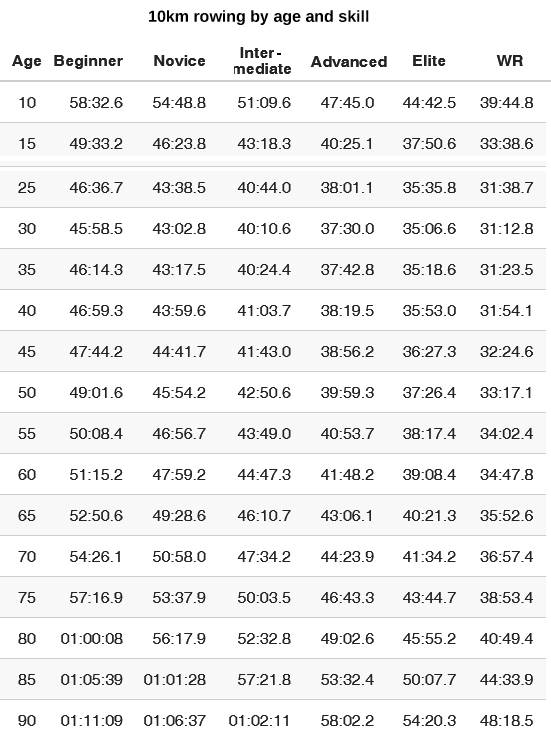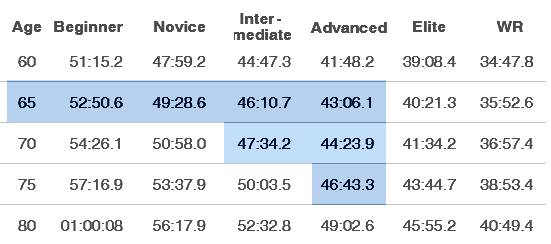On the Water
Not so fast. “The water” will be a reservoir in western North Carolina, an impoundment of the Catawba River. Lake Rhodhiss is narrow and long. A short dogleg separates a pair of miles-long reaches. The lake is only a few hundred yards wide and shielded throughout its length by low hills. On the rare occasions when the wind is exactly wrong, the lake can develop a chop of about a foot. More often than not, it’s glassy or just about.

Phoenix Isere kayak. December 2009.
Between Memorial Day and Labor Day, the lake sees some traffic from fishermen and jet-skis. Even then, it’s the least-trafficked water in the chain of flood-control and hydro-electric reservoirs built in the early and mid 20th Century by the company now called Duke Energy. At odd hours year-round and especially in the off-season, it can be a lonely stretch of water. There are beavers, otters, muskrats, herons, and a few eagles to watch for, especially along the less-populated western reach.
There used to be a bicycle tour and race near here called the “Bridge to Bridge.” It was a brutal 100-km affair that crossed a highway bridge over the Catawba River near Hickory and finished near the “Mile High Swinging Bridge” atop Grandfather Mountain.
My Bridge to Bridge runs from Castle Bridge to Huffman Bridge. Castle Bridge might as well be in my front yard; Huffman Bridge is 9.3 kilometers “upstream” from Castle Bridge. Most of the busy-ness of Lake Rhodhiss is east of Castle Bridge. West of the bridge is less commotion. More than there was ten years ago, but less than downstream, just the same.
In my kayak (a longish river boat sometimes sold as a touring sea kayak but having owned one of those, too, I have my doubts), I can paddle from one bridge to the other in about 77 minutes. Or I could in 2009. Here’s the GPS track and map from such a run.
The following tables come from Rowing Level dot com‘s page devoted to 10 km rowing. I’ve edited the table to make it a little more compact, and then I’ve highlighted the lines that can optimistically apply to me (your kilometerage may differ):

Rowing Level dot com defines these categories:
Beginners have rowed for at least a month and are in the 5th percentile by speed.
Novices have rowed for at least six months and reached the 20th percentile.
Intermediates: two years, 50th percentile.
Advanced: five years experience, 80th percentile.
Elite rowers have “dedicated over 5 years” to competitive rowing. 95th percentile. We won’t worry about that category or about the World Record column.
Perspective, mate. Perspective.

Evidently, I can expect to take about an hour to go 10 km while I am still beating the shit out of the lake and might expect to get that down to 50 minutes or so within a few months. Eventually, experience and age should converge toward a bridge to bridge time of a little over 45 minutes. That’s half an hour faster than my better kayak times and is something to aim for, but note also that fast shells have waterlines of 26-27 feet and mine will be about 20. By the rule of thumb that hull-speed in mph is approximately the square root of the waterline in feet, that’s a 14% disadvantage. In a fifty minute course, that amounts to about seven minutes. Also, water depth matters: power needed to maintain speed rises quickly as water shallows (there’s reason to be concerned wherever water depth is less than about half the waterline). Kayaking experience on this lake makes clear that there are shallows worth avoiding. Finally, for now, the actual distance between the bridges is 9.3 km rather than 10. Taking it all together, the times shown in these tables are approximations of goals and ambitions. We’ll see.
Keep in mind that a 45 min 10k pace is 7m15s per mile, or twice my youthful walking pace; it’s a 3h10m marathon pace. Which is to say, it’s not slow.
Of particular interest in that table is this: rowing skillz can turn back time. The nominal rowing pace of an advanced 75 year-old is only three minutes slower than that of less refined rowers 30 years younger. (But don’t get cocky. Also note that a 10-year-old rowing savant can beat novices of any age and can handily outpace geriatric types even with advanced skills.)
God knows what I’ll eventually have to say about this.
Keep up on The News.